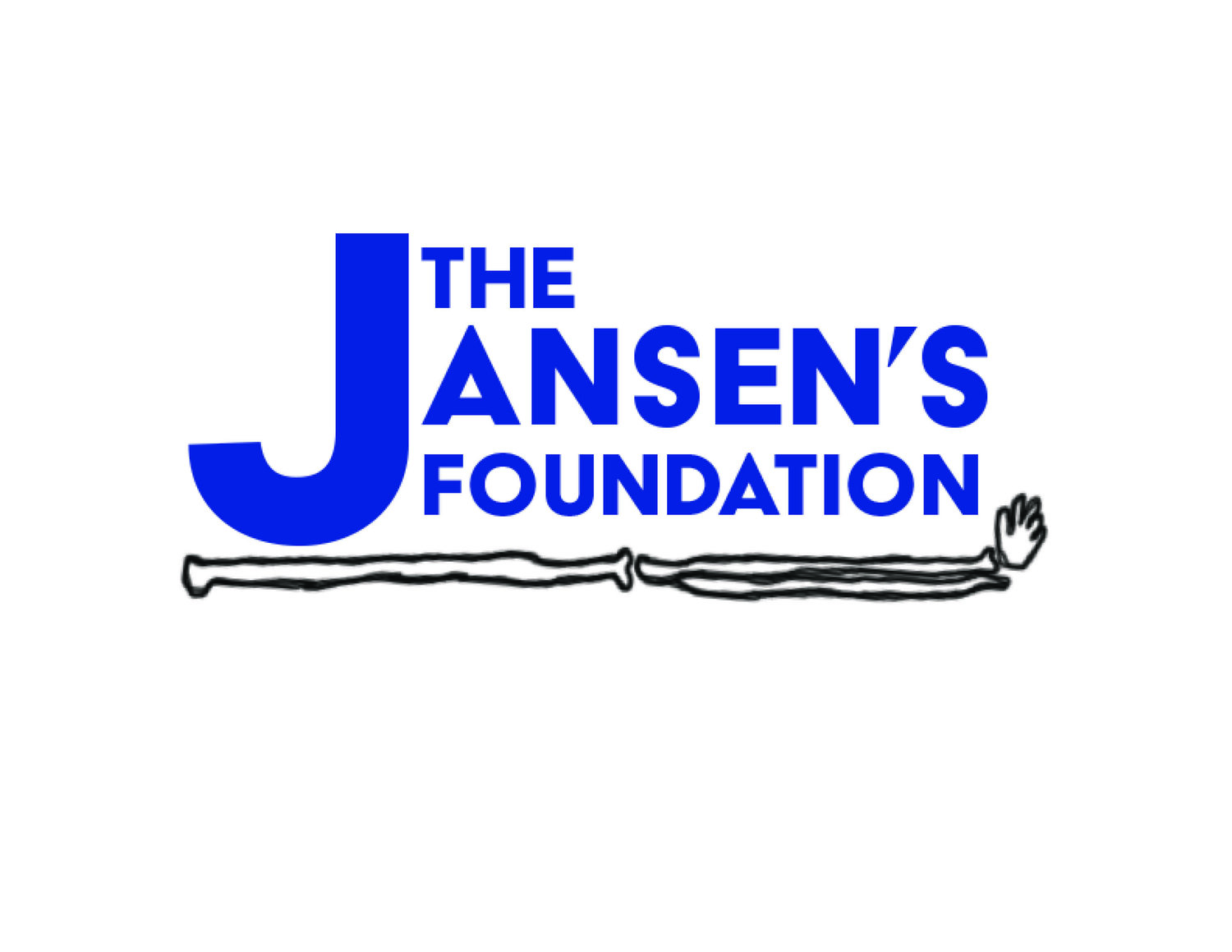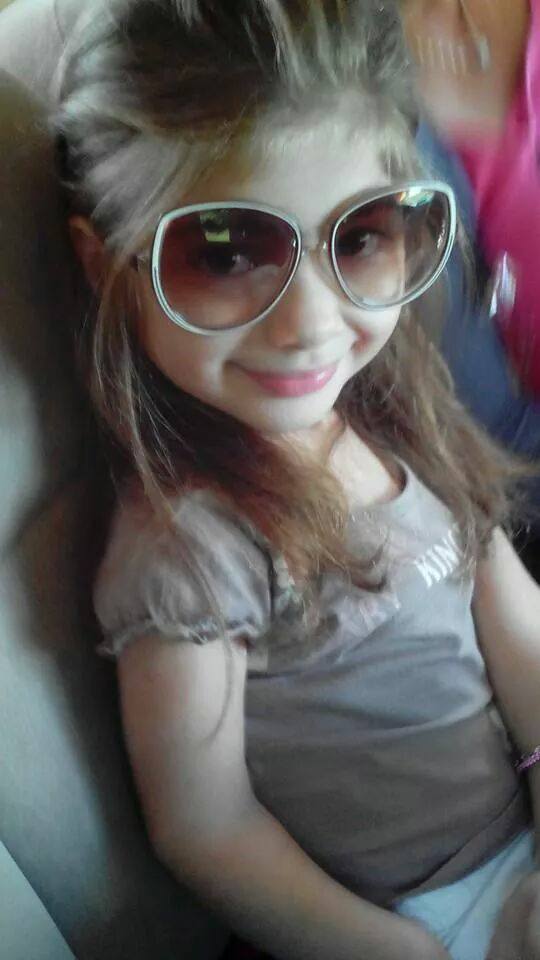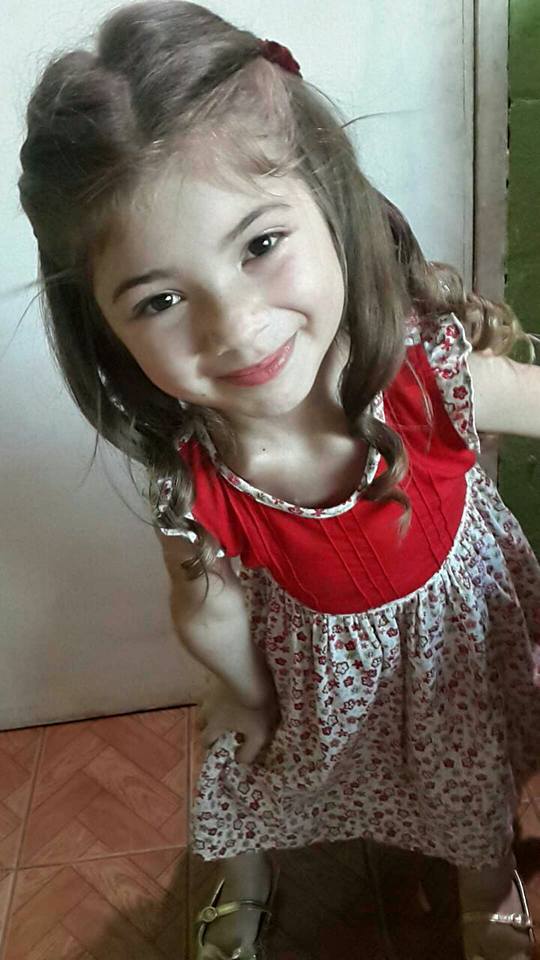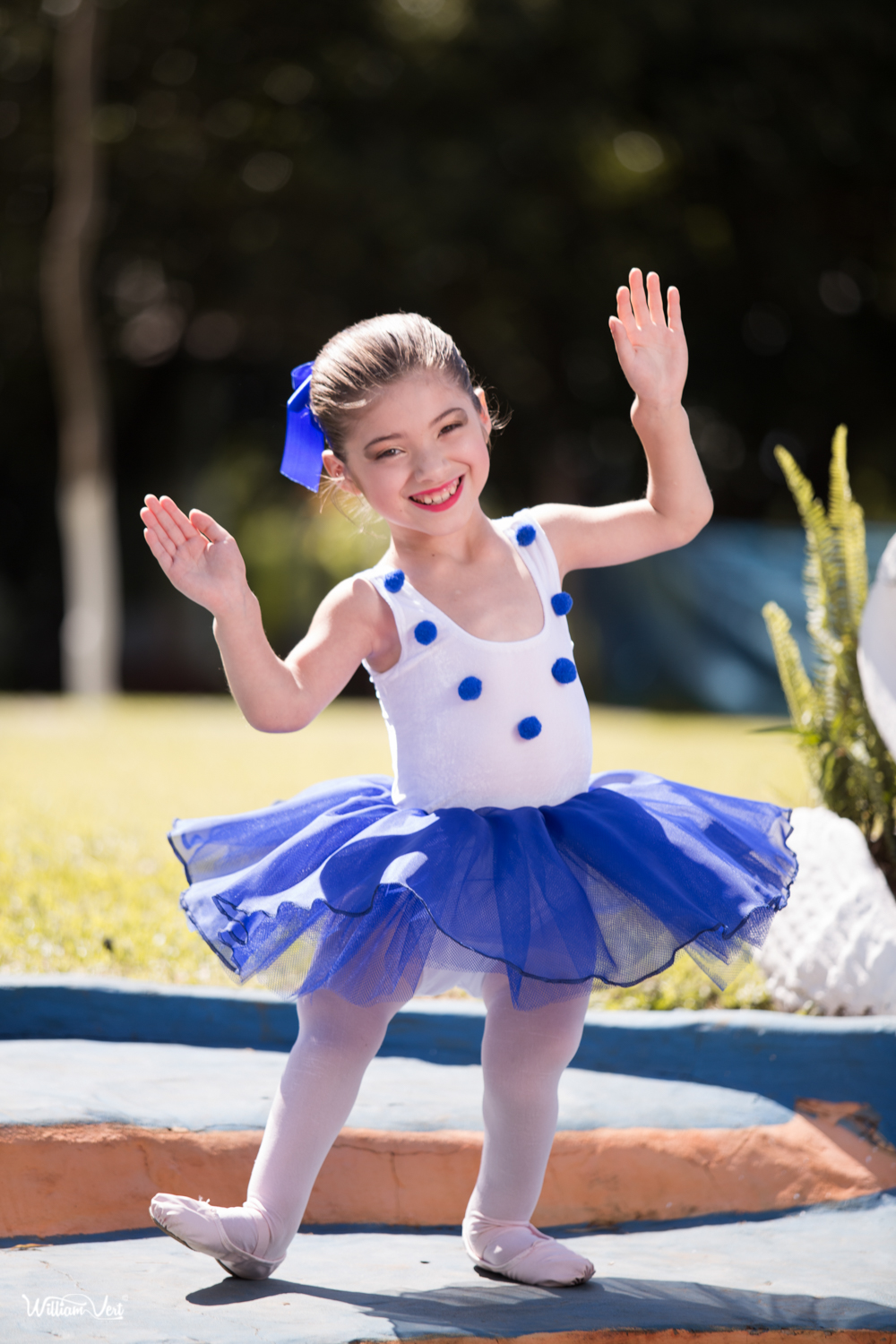
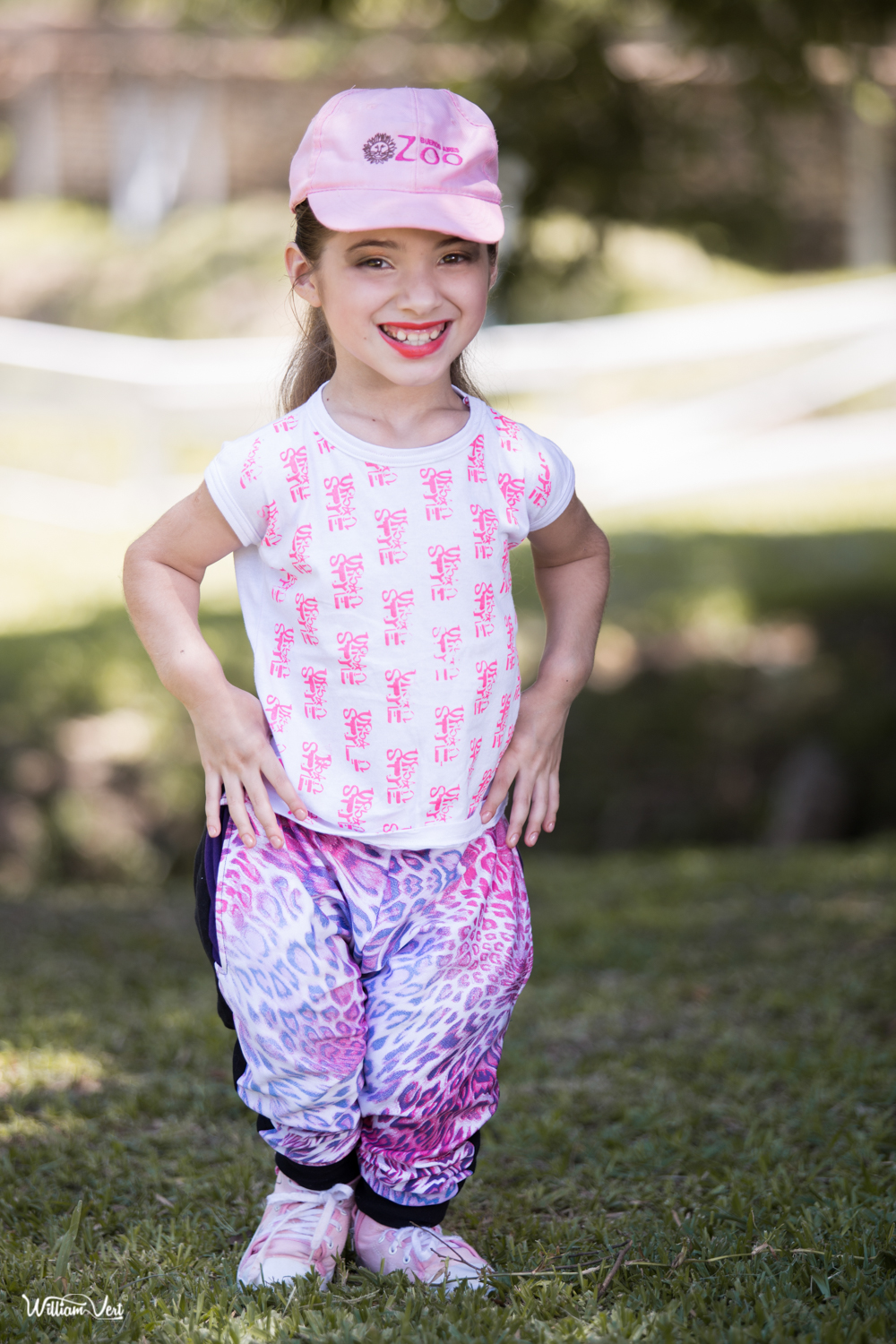
Liz Nayhara Rodriguez Resquin, 9, Paraguay
Liz Nayhara Rodriguez Resquin loves to dance. As her mother, I often fear what the strenuous routine would do to her weak bones, but I put my fears aside when I watch her dance. She is incredible! Every time she dances, I lose myself in admiration for her. Her will power, her charisma, are worthy of my respect. Her illness becomes secondary. The dancer becomes foremost in my eyes.
Wherever Nayahara goes, she is loved. I feel she is protected and valued at different dance institutes and schools she performs at. She participates in many contests and everywhere she goes, people fall in love with her.
She is an excellent student and does well in school. She looks for excellence in everything she does and sometimes that can be costly as her body struggles to keep up. But she does not give up.
"When I see her, I feel like she is an angel on earth. She is not here to learn, but to teach how to love, how to live, and how to persevere".
When Nayhara was a year old, I noticed something was wrong. I travelled to every doctor in my area, but they were not able to help me. One doctor said she had a hip dislocation, but I knew it was something more than that. I searched, without stopping, for answers. We left our home in Paraguay for two years and arrived in Argentina where they began several tests. Some said she had osteogenesis imperfecta, but later on when she was three, we got a genetic confirmation of Jansen’s Metaphyseal Chondrodysplasia.
I investigated on my own, through the internet, everything I could about the syndrome, but there was very little information and doctors knew almost nothing about how to help my little girl.
She finally learned to walk alone at three and a half with the help of home physiotherapies. We made use of tricycles, exercise mats, bicycles, skateboards and rubber balls to improve her strength. They were our tools.
I also take great care of her food. I do not let her put on much weight as it can cause trouble for her as she dances. She keeps to only healthy food and understands that this self-control is for her wellbeing.
We have grown to adapt to her physical needs. Our home is easily accessible to her. She has two younger brothers who love and respect her incredibly; she is the one who is the center of our home and everyone does what she says.
I am involved in all her exercises at school; I don’t miss a single therapy or dance session. When I am away at work, I have a help who attends to her needs.
When I found out about Nayhara’s diagnosis, I felt very lost. The lack of knowledge and little information that doctors gave us could not prepare us for the road ahead.
Nowadays, I try to enjoy everything with my daughter to keep her strong in the face of any adversity that may arise in the future.
She still gets attention wherever she goes, for she is unique and there is none like her around Paraguay. But her teachers, in school and at dance, always make her feel welcome and dispel ignorance surrounding her condition.
Nayhara finds daily activities difficult. For example, reaching objects, dressing, combing her hair – she needs help in all these things. She is limited in many areas – games, running, skipping. In the beginning, she used to be troubled by this, but now that she is older, she no longer discusses it. She dislikes when people talk about her. She just walks away....
She is young, but very mature. She understands everything and I hide nothing from her; I'm always talking, explaining, and showing her the world of possibilities.
We try, in my city, to be a source of inspiration to other children with differences to be incorporated into everyday activities. I show her a world where she can do everything, but just a little differently.
- Liliana Resquin Perez (Nayhara's Mom)
